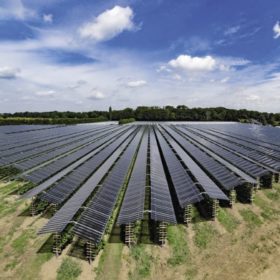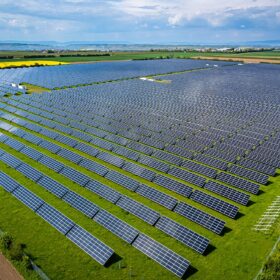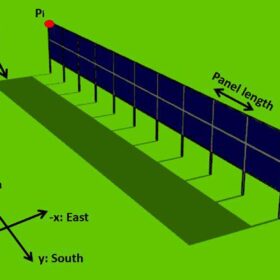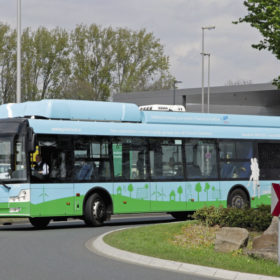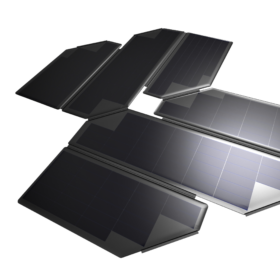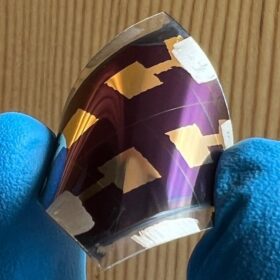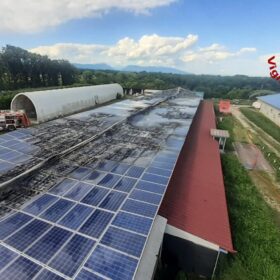The Hydrogen Stream: Gulf nations moving forward with tech cooperation
Acwa Power and Eni have signed a hydrogen development deal, while AFC Energy has signed an agreement with Tamgo to sell hydrogen generators.
Italian Council of State clarifies rules for agrivoltaics
The Italian Council of State has issued new rules to address a number of regulatory gaps, according to lawyer Andrea Sticchi Damiani, who recently won two cases related to agrivoltaic projects. In both instances, the council confirmed that agrivoltaic facilities are distinct from conventional ground-mounted PV plants.
Italy’s solar installations hit 2.3 GW in H1
Italy deployed 2.3 GW of new solar capacity in the first half of the year, while its cumulative installed PV capacity reached 27.4 GW at the end of March, according to Italia Solare, the national solar energy association.
New model to assess effects of shading on crops in agrivoltaic projects
New research shows the importance of calculating the effects of shading created by PV panels on the photosynthetically active radiation (PAR) at the ground level, which is crucial to assessing crop yield in agrivoltaic projects. The proposed modeling considers different agrivoltaic project typologies across several sites in Europe.
The Hydrogen Stream: Hydrogen buses less efficient than battery models
Italian researchers have compared the performance of hydrogen and electric buses in northern Italy, while DNV has released its guidelines to validate claims related to low-carbon renewable hydrogen and ammonia attributes.
Floating PV plant operators may achieve additional revenue through non-evaporated water
A group of researchers from Italy investigated the economic competitiveness of various ground mounted and floating PV systems with regard to cost and performance, taking into consideration revenues due to reduced water evaporations. They found that the use of non-evaporated water at photovoltaic system sites can achieve revenues greater than $3/kW if used for irrigation and higher than $4/kW if sold to generate hydroelectricity.
Deployment trumps manufacturing in EU priorities
A lack of clear policy support, raw material dependency, and higher production costs are inhibiting the localization of European solar manufacturing, despite strong demand.
Italy’s Levante unveils origami solar panel with 23.4% cell efficiency
Levante is now offering foldable solar panels with the same performance of rigid panels. The portable modules are available in 330 W and 500 W versions.
Flexible indoor perovskite solar cell achieves 32.5% efficiency
Italian scientists have developed a flexible indoor perovskite solar cell with 32.5% efficiency. Their design uses a PET substrate combined with a tetrabutylammonium bromide layer over the perovskite absorber. This additional layer effectively reduces defect density and enhances the stability of the underlying 3D perovskite structure.
PV-equipped poultry farm destroyed by fire in Italy
A fire occurred broke out this week at a layer poultry farm in Volpago del Montello, Italy. The blaze, which killed more than 20,000 birds, reportedly may have originated from a PV system on the premises.

